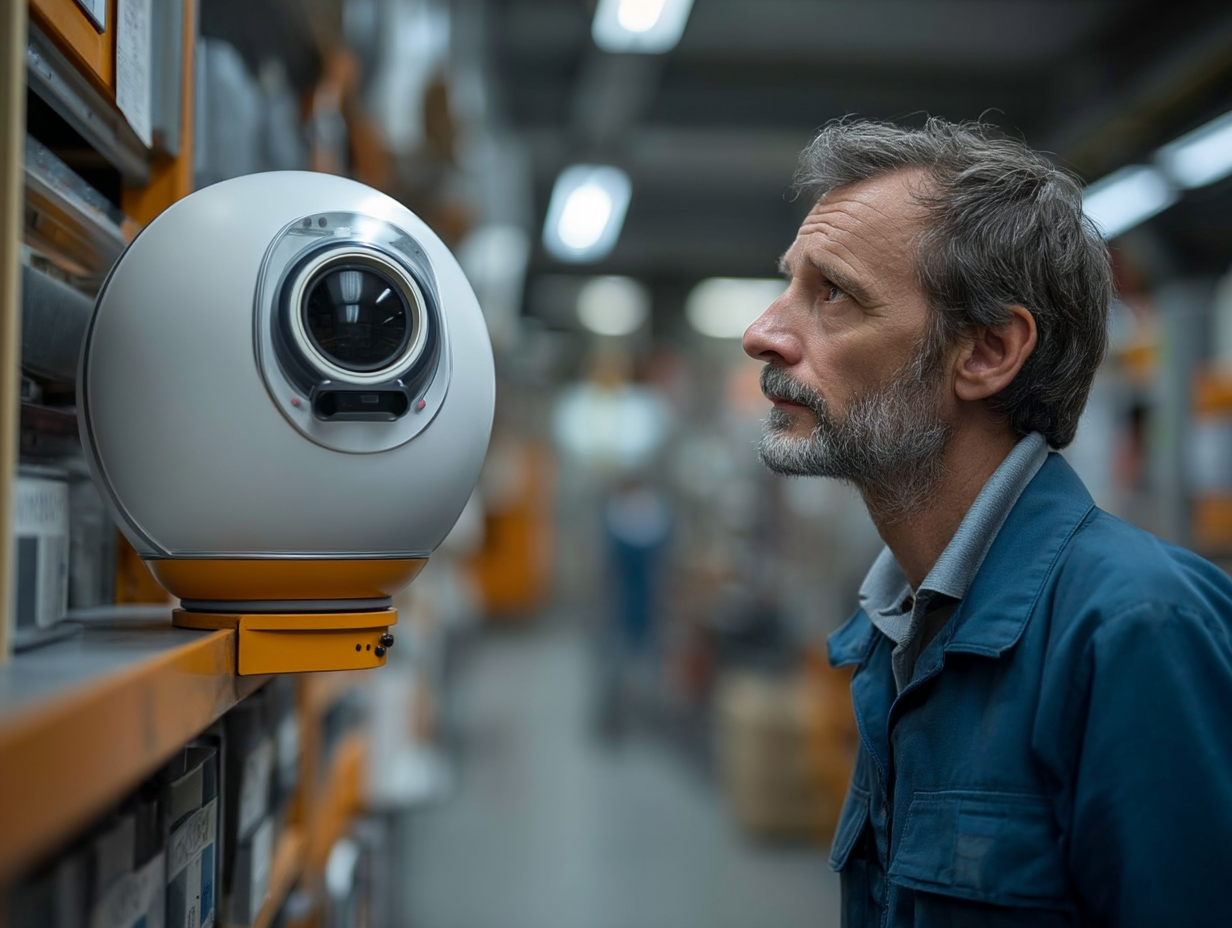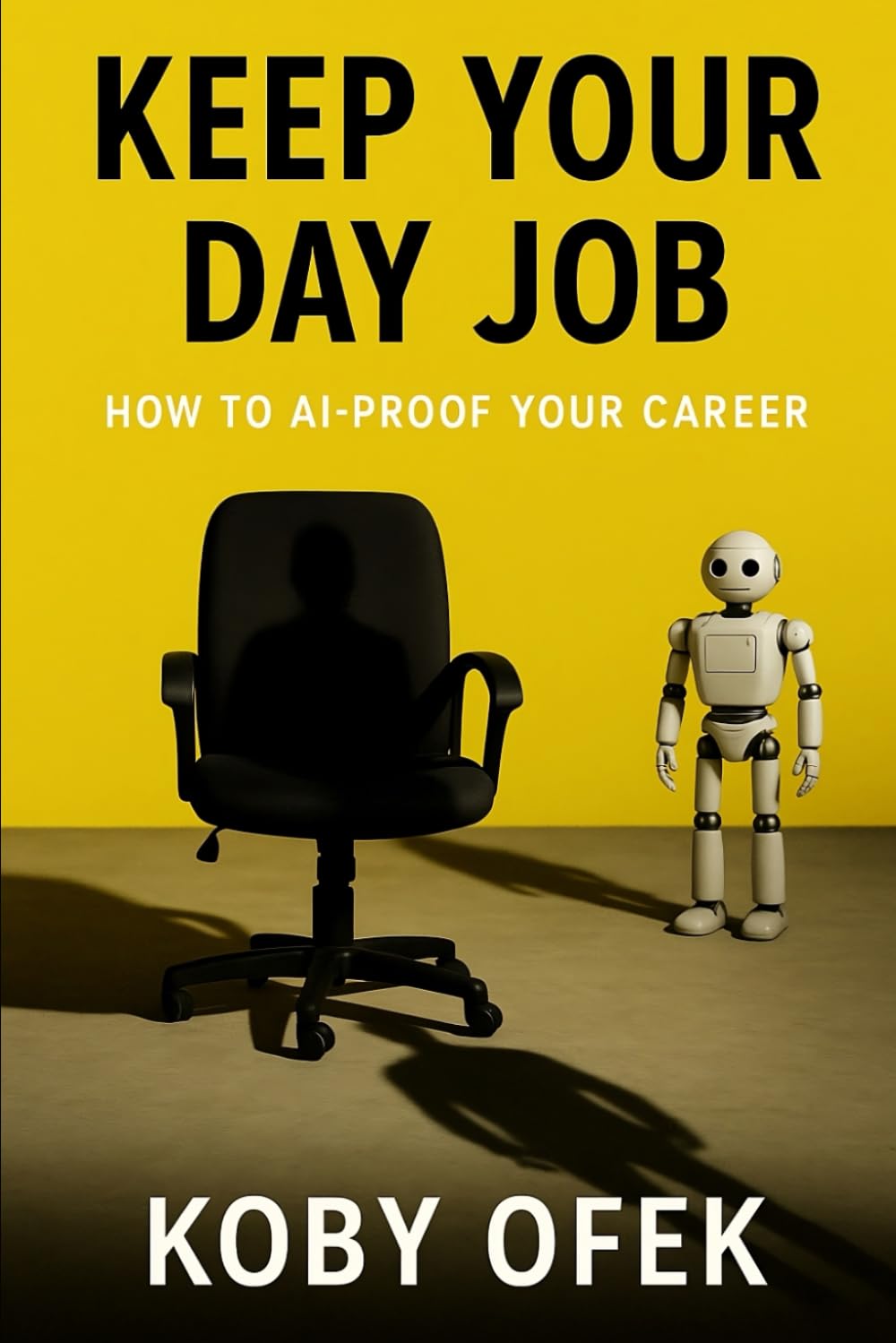The Orb's Gaze Your Ticket In, Or the New Wall?

I remember the early days of trying to prove I wasn't a robot online. It usually involved squinting at some distorted letters that looked like they’d melted in the Tel Aviv sun. CAPTCHAs, they called them. Annoying, sure, but also strangely quaint in retrospect. A simple, slightly silly hurdle. Fast forward a couple of decades, and the game has changed. Now, sophisticated AI can mimic us online so well that distinguishing human from machine is becoming a serious headache. Enter Worldcoin, a project co-founded by OpenAI's Sam Altman, armed with a shiny, chrome sphere called the Orb and a bold proposition: let us scan your irises, and we'll give you a digital passport proving you're uniquely human.
The pitch is slick. In a world increasingly filled with AI bots spreading mischief or worse, a reliable "Proof of Personhood" sounds almost like necessary infrastructure. Think of it as a global digital bouncer, checking IDs at the door of the internet to keep the troublemakers out. Worldcoin promises this World ID will let you sign into websites anonymously, fight Sybil attacks where one entity pretends to be many, and maybe even pave the way for things like AI-funded Universal Basic Income. They even give you some crypto tokens, WLD, for your trouble, at least in some places.
It all sounds very futuristic, very sci-fi. But even Altman admits there's a "clear ick factor" to having your eyeballs scanned by a corporate orb. My own skepticism, honed by years in tech seeing grand visions meet messy reality, goes deeper than just 'ick'. The core technology relies on iris scans, capturing the unique, unchanging pattern in your eye. This immutable biometric data is turned into a code, checked for uniqueness, and then linked to your World ID. While they talk a big game about privacy using fancy cryptography like Zero-Knowledge Proofs after you're verified, the whole system hinges on that initial, intimate scan.
This idea of needing specific proof to access things isn't new. History is littered with examples of identification systems becoming tools of exclusion. Take the Aadhaar system in India. Launched with noble goals of streamlining services, this massive biometric database using fingerprints and iris scans has reportedly locked millions of vulnerable people out of essential food rations or healthcare simply because of enrollment difficulties or authentication failures. Think worn fingerprints of laborers, or patchy internet in remote villages. Closer to my own field of interest, look at how the Chinese Exclusion Act in the late 19th century US used legal status based on race and class to build walls, controlling who belonged and who didn't. It was foundational to modern passport controls.
These precedents make me look at the Orb with a wary eye. The concern isn't just about data breaches, though that's terrifying enough with immutable biometrics. The real worry is how "Prove you're human" might subtly morph into "Prove you're one of us". Prove you're willing to submit to this specific process, run by this specific entity.
Imagine a future where major online platforms, tired of fighting bots, start requiring World ID for access. Your bank, your social media, perhaps even government services. Suddenly, refusal to scan isn't just a personal privacy choice; it's a key that locks you out of significant parts of digital life. The verification stops being about your inherent humanity and starts being about your compliance with Worldcoin's ecosystem.
This is where the inequality engine kicks into high gear. Getting scanned requires physical access to an Orb, which are far from ubiquitous, often concentrated in cities. It requires a compatible smartphone and digital literacy. These aren't trivial barriers. They map almost perfectly onto existing global divides. Who lacks smartphones or reliable internet? Often the rural poor, the elderly, marginalized communities. Who might struggle with the tech? Those with less formal education. Reports from Worldcoin's own rollout highlight these issues, with allegations of exploitative recruitment tactics in developing nations, offering small crypto payments that felt coercive to people facing economic hardship. It starts to look less like digital inclusion and more like biometric data harvesting from the vulnerable, potentially deepening the chasm between the digitally connected and the excluded. The Global South provides the data, the Global North builds the system. It feels uncomfortably familiar.
So, we're left with a philosophical quandary wrapped in a tech bro's ambition. Is the solution to AI fakes really to hand over the most unique parts of ourselves to a private company's database? What happens when your iris scan becomes the gatekeeper to digital society? It’s a high-stakes gamble. While wrestling with distorted letters online was annoying, at least it didn't ask for a piece of my soul, or risk locking me out if I refused. This new approach, polished and promising, might just build higher, shinier walls than ever before.
